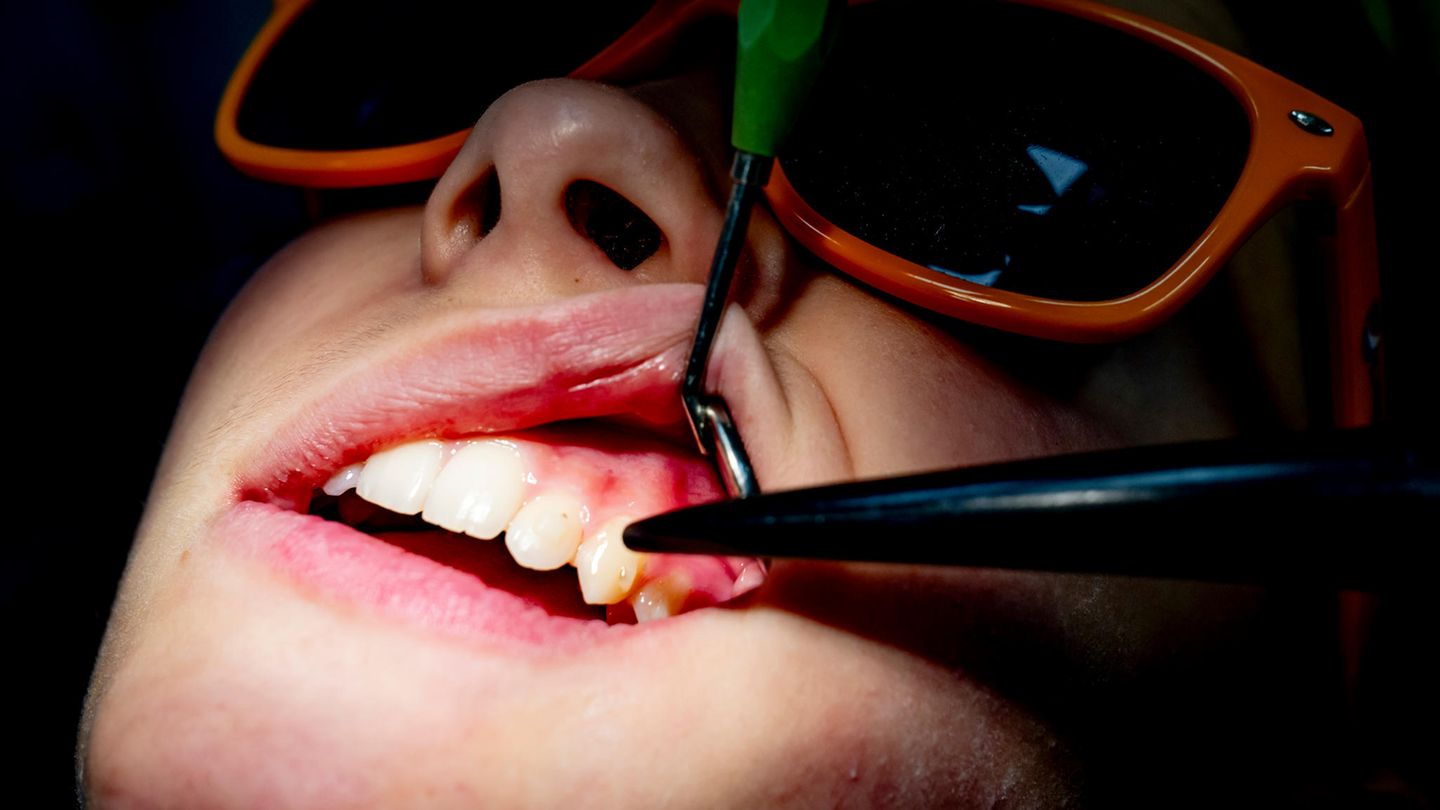From old clothes to the dentist
What will change for consumers in 2025
Copy the current link
New double names, electronic patient files and a uniform charging cable: What will change in 2025 – an overview for consumers.
No matter who takes over government in the spring: a number of legal changes that consumers will face in 2025 have long been certain. You can read about what is happening with electricity prices, vehicle insurance and health insurance contributions and what will change for your wallet in 2025 in the first part of our overview. We have compiled all the other important changes for your everyday life for you below.
Electronic patient records are coming
The electronic patient record will be introduced nationwide in 2025. This is a digital storage location for medical reports, laboratory results and medication information, which is managed by patients via an app. The e-file is intended to give doctors a quicker overview of their patient’s medical history. From mid-January, health insurance companies will have to make the e-file available – if you do not object in advance, one will automatically be created for you. It will then be used immediately in Franconia and Hamburg, and Germany-wide use is planned from the beginning of March.
Don’t throw old clothes in the trash anymore
From 2025, old clothing and other textiles such as bed linen and towels may no longer be disposed of as residual waste. Instead, broken items should also be collected in used clothing containers. The EU wants to ensure that textiles are recycled instead of simply being burned with residual waste.
No more amalgam fillings
From January 1, 2025, dentists will no longer be allowed to use new amalgam fillings. Because of the mercury it contains, amalgam has been banned for children, pregnant women and breastfeeding women since 2018; for everyone else it was still used as a health insurance benefit in the posterior tooth area. In the future, health insurance companies will pay for certain plastic fillings. Existing amalgam fillings can remain in the mouth as long as they do not cause any problems – if in doubt, you should seek advice from your dentist.
USB-C becomes a standard cable
The jungle of different charging cables is thinning out: from 2025, only small electronic devices with a USB-C charging port will be allowed to be sold across the EU. This applies to smartphones, digital cameras, headphones, tablets, portable video game consoles, keyboards, e-readers, navigation devices, headsets and mobile speakers. From 2026, the USB-C standard will also apply to notebooks.
New naming law
From May 1st, naming rights give new options for double names. In the future, both spouses will be able to decide on a shared double name; previously only one could adopt the double name. In the future, children will also be able to have a double name that is made up of the family names of both parents, even if the parents themselves do not have a double name. However, more than two individual names may not be attached together.
Passport photos only digital
From May onwards, citizens will no longer be required to bring a printed passport photo with them when applying for a new ID card or passport. The piece of paper is replaced by a digital passport photo, which is taken in the office by a photo booth or by a certified photographer.
Letter delivery takes longer
According to the new postal law, 95 percent of letters must only reach their destination on the third day after they are posted. This means that the post office officially has one day longer than before, although punctual delivery has been lacking in some areas for some time. In addition, postage is increasing: standard letters and postcards will cost 95 cents instead of 85 cents from January 1st. Postcards increase in price from 70 cents to 95 cents.
New income limit for parental allowance
For children born since April 1, 2024, parental allowance is only available if the parents’ combined taxable income is less than 200,000 euros. For births from April 1, 2025, this income limit drops to 175,000 euros.
Free real-time transfers
Normal transfers can currently take a full banking day, but over weekends or public holidays it can take several days. Instant transfers already exist, but they usually come at a cost. From January 9th, banks in all euro countries must accept such real-time transfers without additional fees. From October 9th, sending instant transfers must also be free – at any time.
Smart meters and dynamic electricity tariffs
From the beginning of 2025, electricity providers will have to offer dynamic electricity tariffs to households that have an intelligent electricity meter (smart meter). These are tariffs in which electricity becomes cheaper or more expensive depending on the time of day and the price of electricity on the exchange. In particular, households with electric cars, battery storage and heat pumps, which can flexibly control a high proportion of their consumption over time, could save money in this way. However, according to consumer advocates, dynamic electricity tariffs are not suitable for most other households. In the coming years, smart meters will become mandatory for all households with an annual consumption of more than 6,000 kilowatt hours. For comparison: a typical four-person household without an electric car consumes between 3,000 and 5,000 kilowatt hours.
Source: Stern




